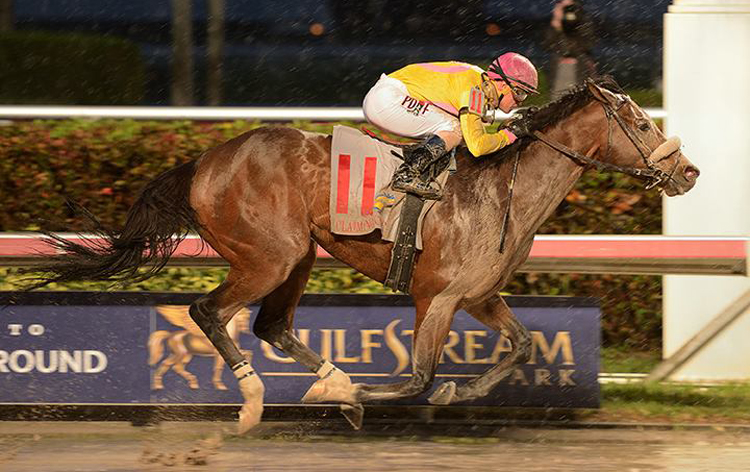Whether Florida’s dog and horse tracks should be permitted to do away with live racing, which once were a draw for an exclusive and sometimes unsavory crowd, is the question that is currently the center of a dispute.
Currently, Florida’s pari-mutuel facilities exist because of live racing, “decoupling” would remove a requirement that live racing, or jai alai games, must be offered by tracks or risk losing more lucrative operations such as slot machines or poker rooms, depending on the county. It is one of many key items industry leaders and lawmaker’s are working through as they build gambling legislation for the upcoming January session. A compact signed on December 7 by Governor Rick Scott and the Seminole Tribe of Florida would remove the requirement, in addition to expanding gambling options in the southern portion of the state. The agreement is expected to generate $3 billion for Florida over seven years, beginning in 2017, but first needs to be ratified by the state legislature.
In recent years, ending greyhound racing, now a money loser, has been the source of repeated legislative debates. It is widely viewed as a dying industry whose survival is dependent upon tax breaks and slots or poker rooms that enable the facilities to profit. While the compact permits decoupling of dogs and horses in its entirety, it’s more complicated than that according to Jose Felix Diaz, the House Regulatory Affairs Chairman. Diaz is also the chamber’s chief negotiator on the pact with the Seminoles, and he also leads the gambling legislation.
Last year the company that operates Gulfstream Park in Hallandale Beach, the Stronach Group, took over racing operations at Churchill Downs owned Calder, in nearby Miami Gardens. The Stronach Group operates its racetrack, which is leased from Calder, and operated under Calder’s permits. But now, Calder wants to keep its slot machines, while getting out of the horse-racing business altogether, and hopes to re-establish its card room. Revenue from slots would continue to be allocated toward purses for horse races by Calder in keeping with its contracts with breeders and horsemen, according to Calder lobbyist Wilbur Brewton.
Brewton said, forcing facilities to continue racing where attendance is down dramatically, such as the Miami Gardens track, is wrong. However, the horse industry is vehemently against permitting tracks drop the races. They say, either race horses or lose the permit.
According to leaders in the horse industry, in Central Florida, thousands of jobs are provided by the horse breeding and training industry and it provides substantial economic benefits from tourism and taxes. It remains to be seen if across-the-board decoupling is able to survive the economic and political sway of the horse industry.



